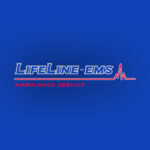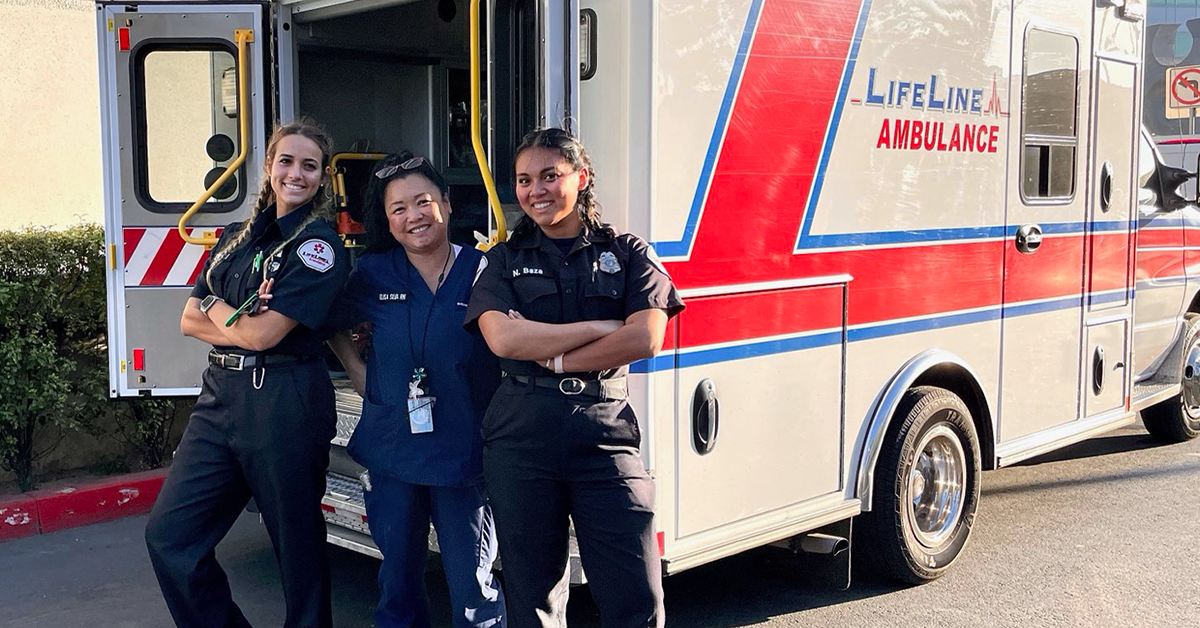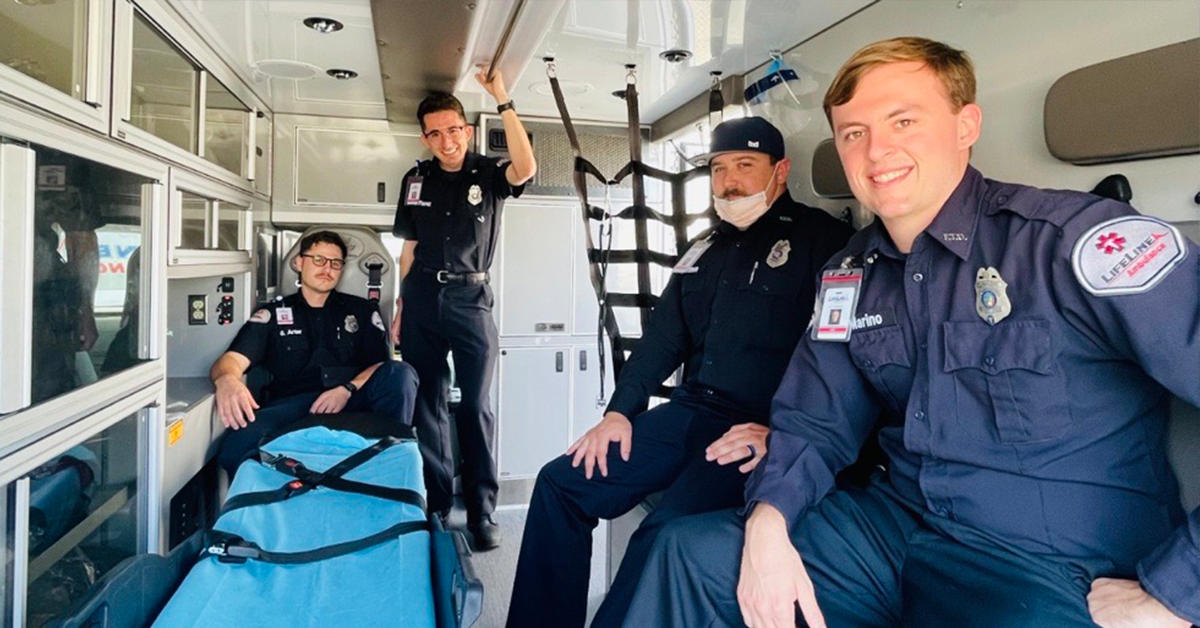A career in Emergency Medical Services (EMS) offers an unparalleled opportunity to make a significant impact on people’s lives while building a robust professional foundation. The skills, experiences, and connections gained in EMS provide numerous future benefits, setting the stage for diverse career paths and personal growth. For those in Los Angeles and Southern California, LifeLine EMS stands out as an exemplary organization that not only offers immediate rewards but also prepares its employees for long-term success. This article delves into the future benefits of a career in EMS and how it builds a strong foundation for a fulfilling and prosperous career.
Acquiring Essential Skills
One of the most profound benefits of a career in EMS is the acquisition of a wide range of essential skills that are highly transferable to other professions. These skills include:
- Critical Thinking and Decision Making: EMS professionals are trained to make quick, effective decisions under pressure, a skill highly valued in many fields.
- Effective Communication: Clear and compassionate communication with patients, families, and healthcare teams is crucial in EMS, enhancing interpersonal skills.
- Technical Proficiency: Mastery of medical equipment and emergency procedures provides a solid technical foundation.
- Physical and Mental Resilience: The demanding nature of EMS work cultivates resilience, an asset in any career.
These skills are not only critical for immediate job performance but also form a solid foundation for future career advancements.
Diverse Career Paths
A career in EMS opens doors to numerous other healthcare and non-healthcare professions. Some of the future career paths that EMS experience can lead to include:
1. Advanced Clinical Roles
Many EMS professionals advance to more specialized clinical roles. Options include becoming a paramedic, registered nurse (RN), physician assistant (PA), or even a physician. Each of these roles benefits from the foundational clinical experience gained in EMS.
2. Healthcare Administration and Management
EMS professionals often move into administrative and managerial positions within healthcare organizations. Roles such as hospital administrators, operations managers, and quality improvement coordinators leverage their frontline experience and leadership skills.
3. Education and Training
With a wealth of practical knowledge, EMS professionals are well-suited to become educators and trainers. Opportunities include becoming an EMS instructor, clinical educator, or even a professor in medical and healthcare programs.
4. Public Health and Safety
The skills and experiences from EMS roles are highly valuable in public health and safety positions. Professionals can work as public health officers, emergency preparedness coordinators, or safety officers, contributing to community health and safety on a broader scale.
Professional Growth and Advancement
EMS careers offer numerous opportunities for professional growth and advancement. At LifeLine EMS, for instance, there is a strong emphasis on continuing education and career development. Employees are encouraged to pursue advanced certifications, attend workshops, and engage in lifelong learning.
1. Continuing Education
LifeLine EMS supports its employees in continuing their education by providing access to training programs and financial assistance for further studies. This commitment ensures that EMS professionals are always up-to-date with the latest medical practices and technologies.
2. Leadership Development
LifeLine EMS offers leadership development programs to prepare employees for supervisory and managerial roles. These programs focus on enhancing leadership skills, strategic thinking, and organizational management, providing a clear pathway to career advancement within the organization.
3. Mentorship Programs
Mentorship is a key component of professional growth at LifeLine EMS. Experienced professionals guide newer employees, providing valuable insights, feedback, and support. This mentorship helps employees navigate their careers and make informed decisions about their professional paths.
Financial Stability and Rewards
While the intrinsic rewards of a career in EMS are substantial, the financial benefits should not be overlooked. EMS professionals often enjoy competitive salaries, comprehensive benefits packages, and job stability.
1. Competitive Salaries
EMS professionals, particularly those with advanced certifications and experience, can command competitive salaries. In regions like Los Angeles and Southern California, where the cost of living is high, these competitive wages are essential.
2. Comprehensive Benefits
LifeLine EMS offers a comprehensive benefits package that includes health and dental insurance, retirement plans, and paid time off. These benefits ensure that employees and their families are well taken care of, providing peace of mind and financial security.
3. Job Stability
The demand for healthcare professionals, including EMS workers, is consistently high. This demand ensures job stability, making EMS a reliable career choice even in uncertain economic times.
Personal Fulfillment and Community Impact
Beyond professional and financial benefits, a career in EMS offers significant personal fulfillment. EMS professionals have a direct and positive impact on their communities, providing essential services that save lives and promote health.
1. Sense of Purpose
EMS professionals often cite a strong sense of purpose as one of the most rewarding aspects of their job. Knowing that their work makes a tangible difference in people’s lives provides immense satisfaction and motivation.
2. Community Connections
Working in EMS fosters deep connections with the community. EMS professionals often become trusted and respected figures in their communities, known for their dedication and service.
3. Life-Long Friendships
The nature of EMS work creates strong bonds among colleagues. The shared experiences, challenges, and triumphs forge lifelong friendships and a supportive professional network.
Preparing for the Future with LifeLine EMS
LifeLine EMS is dedicated to not only providing excellent emergency medical services but also preparing its employees for long-term success. Here’s how LifeLine EMS supports its employees in building a strong foundation for the future:
1. Comprehensive Onboarding
New employees at LifeLine EMS undergo a comprehensive onboarding process that includes extensive training and orientation. This ensures that they are well-prepared for their roles and sets the stage for future growth.
2. Ongoing Professional Development
LifeLine EMS invests in the ongoing professional development of its employees. Regular training sessions, workshops, and access to educational resources help employees continually enhance their skills and knowledge.
3. Supportive Work Environment
A supportive work environment is crucial for career growth. LifeLine EMS fosters a culture of teamwork, respect, and open communication, ensuring that employees feel valued and supported in their professional journeys.
4. Career Pathways
LifeLine EMS offers clear career pathways for its employees. Whether aiming for advanced clinical roles, administrative positions, or educational opportunities, employees have access to the resources and support needed to achieve their career goals.
Keep Reading
Want more? Here are some other blog posts you might be interested in.
Emergency Medical Services s a high-stress, physically demanding profession that requires dedication, quick decision-making, and resilience. While the rewards of saving lives...
Emergency Medical Services professionals are often the first point of contact during critical health crises. While technical expertise is essential in emergency...
Emergency Medical Services play a critical role in ensuring the health and safety of communities. In Southern California, including Los Angeles, the...






